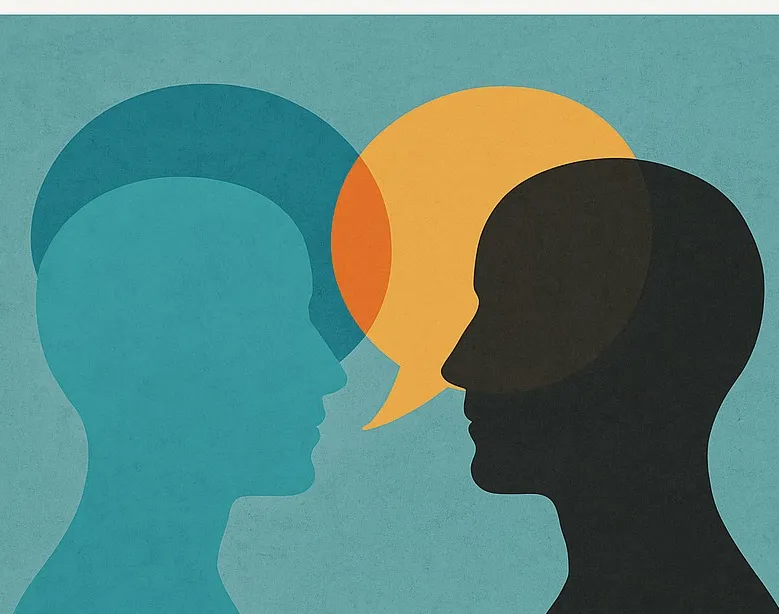The Rapport Reframe: When Social Science Finally Listens

For years, autism research has framed social challenges as an autistic deficit. Trouble with facial expressions. Misread cues. Poor rapport. The burden has always been on autistic people to adapt.
But a new study from the University of Texas at Dallas turns that framing on its head.
Led by Sarah Foster, an autistic doctoral student in psychology, the study explored how autistic and non-autistic people experience rapport during collaborative tasks. Participants played games in same-neurotype or mixed-neurotype pairs. The results weren’t just surprising — they were paradigm-shifting.
What They Found
- Autistic-autistic pairs reported the highest levels of rapport.
- Mixed pairs (autistic and non-autistic) reported the lowest.
- Emotion recognition and facial expression patterns differed across neurotypes, but not in ways that reflected deficits — just difference.
In short: autistic people don’t struggle with rapport. They struggle with being misunderstood by systems built around neurotypical norms.
The Double Empathy Problem, Confirmed
This study adds evidence to what autistic people have said for years: social disconnection isn’t a one-way failure. It’s a mismatch between different communication styles. Mutual misunderstanding, not individual defect.
By centering autistic perception, and by putting an autistic researcher in charge of the design, the study avoids the usual trap of examining autistic people from a distance. It doesn’t pathologize. It collaborates.
Why This Matters
This research doesn’t just fill a gap. It redefines the map. It calls out the limits of traditional autism studies and asks: what if the failure isn’t social skill, but social structure?
It invites researchers to consider context. To stop testing for neurotypical mimicry as a proxy for wellbeing. To ask better questions.
Listen Closer
When autistic people interact with each other, we connect. We laugh. We share. We feel seen.
If your research design can't register that, the problem isn't with us. It's with your design.
This is what happens when autistic leadership meets ethical inquiry. Not just better data, but a better frame. Not just inclusion, but epistemic respect.